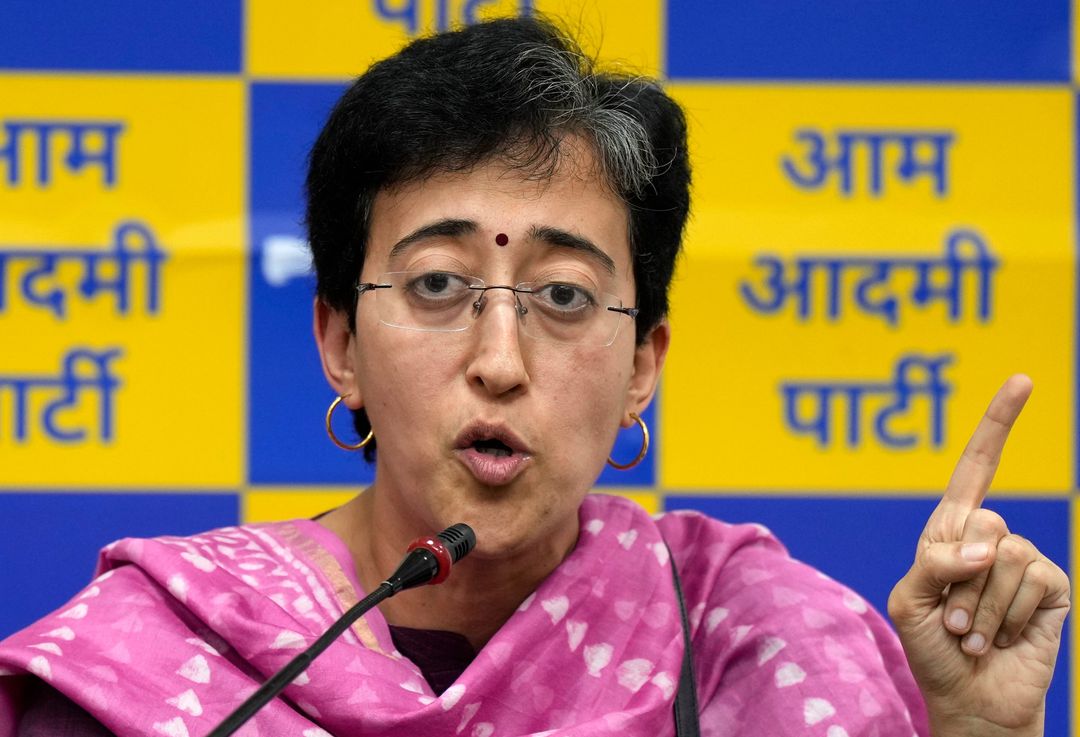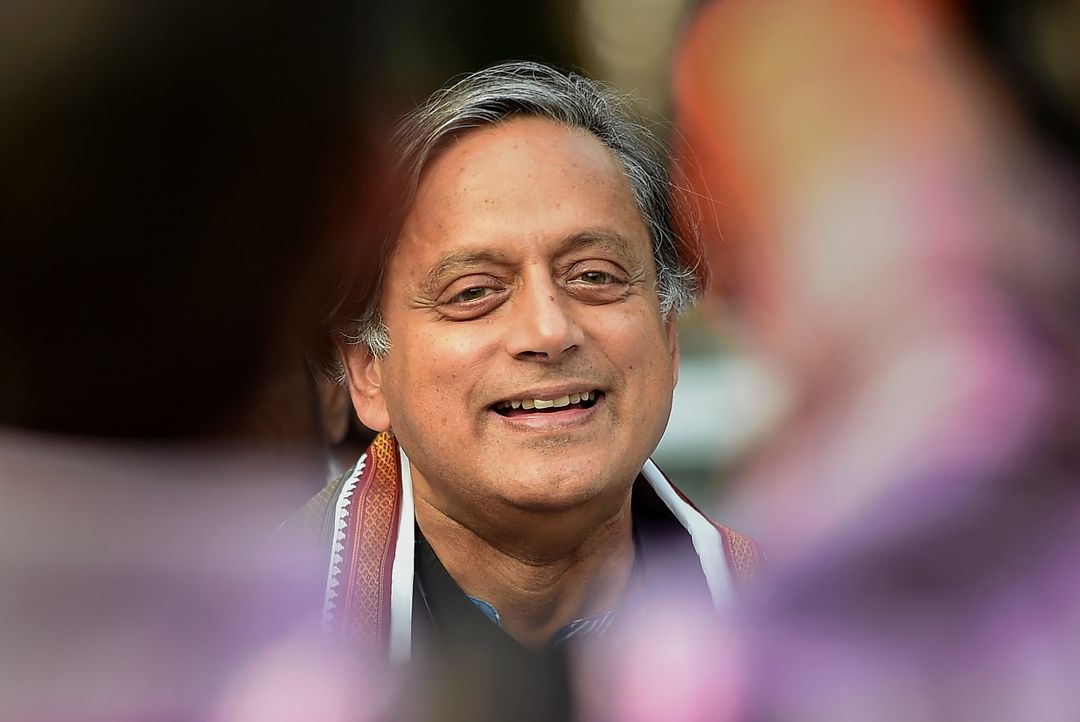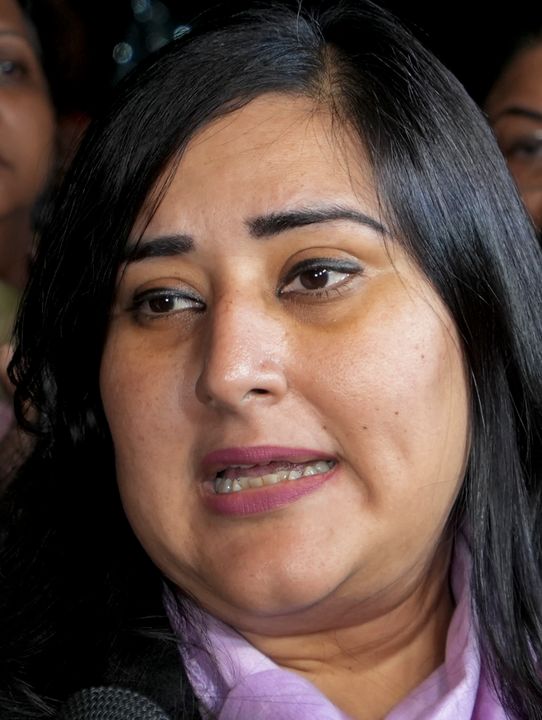Appearing before Justice Vikas Mahajan, Kapoor’s counsel sought a stay on the judge’s observations, arguing that the ruling improperly characterized Atishi as a "whistleblower" despite her allegedly defamatory remarks. He maintained that the summoning order previously issued by a magisterial court against the AAP leader was legally sound.
Kapoor, the former media head and spokesperson for the Delhi BJP unit, had filed a complaint against Atishi over her allegations in press conferences held on January 27 and April 2, 2024. During these briefings, Atishi accused the BJP of offering bribes of ₹20-25 crore to AAP MLAs to switch loyalties—claims Kapoor deemed "baseless."
Atishi had subsequently challenged the magisterial court’s summoning order before a special judge, who overturned it. Kapoor's counsel, however, argued that the revisional court went beyond its limited scope of jurisdiction, portraying Atishi as a whistleblower despite her failure to file a formal complaint.
"The special judge acted as a political analyst rather than adhering to legal principles. How can she be a whistleblower when she is merely making public accusations without any formal complaint?" Kapoor’s counsel contended. He further argued that Atishi's statements, widely publicized in both print and electronic media, should not have been shielded under the pretext of free speech.
Additionally, Kapoor's counsel objected to the judge’s remarks comparing the BJP and AAP, stating that the court should have focused solely on whether Atishi's statements were defamatory.
The Delhi High Court has scheduled the next hearing on the matter for February 4.
Background of the Special Judge’s Ruling
On January 28, special judge Vishal Gogne ruled that Atishi’s allegations were an exercise of her right to free speechin the context of political corruption rather than defamation. He emphasized that powerful political entities should not use defamation cases to silence voices raising concerns about corruption. The court also found insufficient pre-summoning evidence to justify Atishi’s indictment.Furthermore, the trial court remarked that Atishi’s statements aligned with those of a whistleblower rather than someone intending to defame the BJP. The ruling characterized Kapoor’s complaint as an attempt to hinder a criminal investigation and suppress free speech.
Kapoor’s Challenge in High Court
Dissatisfied with the ruling, Kapoor filed a revision petition before the Delhi High Court on January 30, arguing that the special judge had overstepped legal boundaries. His plea stated that the judge "ventured into political adventurism akin to a political discourse" rather than strictly evaluating the defamation complaint.Kapoor further contended that the special judge denied him a fair trial, asserting that the ruling was legally flawed and required annulment.
The case now awaits further proceedings on February 4, where the High Court will deliberate on Kapoor’s challenge to the special judge’s ruling.
Last updated by a enewsx:


